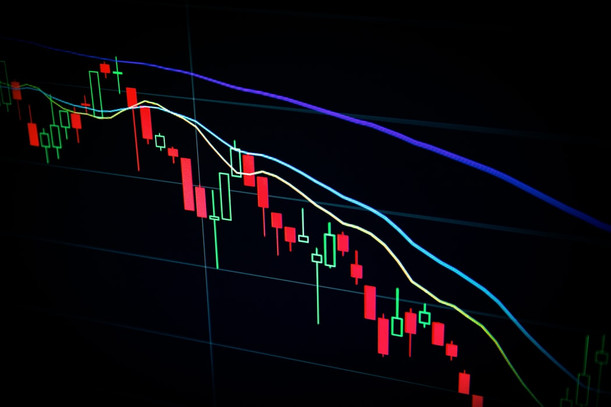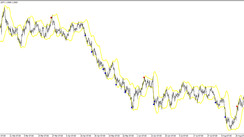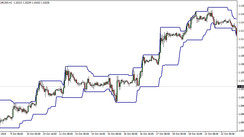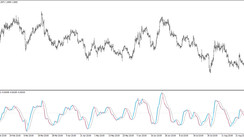Wherever you go today, you can’t escape the endless promotions from people offering to teach you important skills that can make you a better trader. They discuss techniques like the “Three Indians trading strategy” or they may give you a better overview of technical analysis as a whole.
They are pretty much everywhere. Every other ad on YouTube seems to be promoting trading platforms or trading courses. Instagram is packed with people bragging about how successful they have become through certain trades too. You may even have received numerous telephone calls offering to teach you about trading.
Yet, despite all this talk of trading education, little attention is being paid to the numerous ways that trading can help us in other areas of our lives. Whether you do it for a living, a side-hustle or a hobby, trading can teach you a lot of things that can make you better at your job, in your personal relationships, or in your general outlook on life.
Emotional Control
All of the best traders know that stock, FX, and commodities fluctuate a lot. Asset prices are predominantly set based on the consensus of the millions of people continually buying and selling each instrument, but emotion can sometimes override logical decisions and either drive prices up or down. This is why major bull and bear markets can occur in the stock market, even when companies still have roughly the same amount of assets on their balance sheets.
Knowing this, traders need to keep their own emotions in check. Otherwise, they could find themselves panic selling or piling into an asset that is over-inflated due to a market bubble.
This is a great skill to have in life. It's useful in many work situations, especially if your role involves dealing with customer complaints. It can also be useful while playing games, in poker, emotional control is one of the defining traits of a successful player, as it is important to know when to play aggressively and when to not.
The same is true for games like Call of Duty, where players must keep a cool head, even when they've been repeatedly killed by an opponent in an online match. Getting angry will only serve to make you more reckless, leading to poor decisions, bad aim, and cause you to run out of ammo.
It’s a Marathon, Not a Sprint
We all love a good overnight rags-to-riches story, but the reality is, no one wakes up successful. In trading, you’ll discover very quickly that you have a lot to learn, and that truly being successful requires a lot of studying and practice. For a start, just understanding the terminology of trading can take a little while, as can getting to grips with the general trends of markets.
Sometimes you have good trading days, sometimes you don’t. So it’s important to focus on the long term, rather than just what happened today. Knowing that can help you elsewhere in life. If you’re working on yourself in the gym, learning a new language, or trying to mend broken relationships, the patience you developed in trading will help you to gain some perspective.
Understanding Risk
No matter what you’re doing in life, you’re taking risks. Crossing the road, driving a car, or taking a flight all carry a degree of risk. Staying up to watch one more episode on Netflix is a calculated risk too as it increases your likelihood of sleeping in and missing work.
These are risks that most of us accept, either because we have no choice to drive or because the Netflix series is too good to stop binge-watching.
Sometimes we miscalculate risk too. Many people are afraid of flying but quite happily drive around in a car, possibly even breaking speed limits and having a disregard for other traffic rules. Despite flying being statistically much safer than driving, we don’t normally assess the risk properly because we’re more familiar with being in a car and, therefore, deem it to be less dangerous.
Trading requires us to measure, assess, and control risks. Each buy and sell order you place comes with the risk that the market may go in the opposite way to you. Tools like “stop-loss” can help to limit risks, while advanced traders may hedge against risks by placing trades that can, at least in part, offset each other.
With these newly-developed skills in risk assessment, we can better navigate our way through life, making smarter choices.





